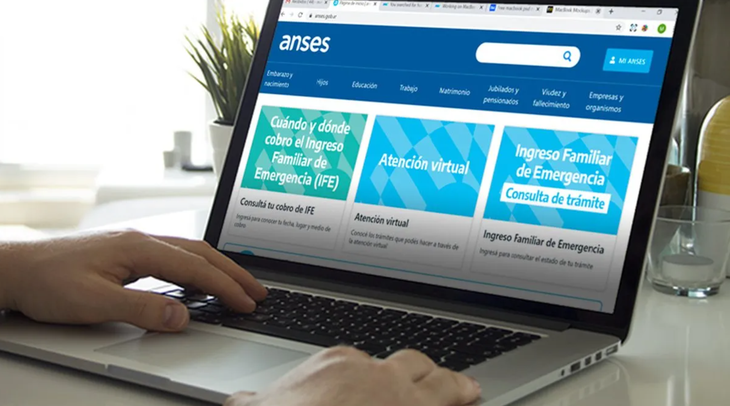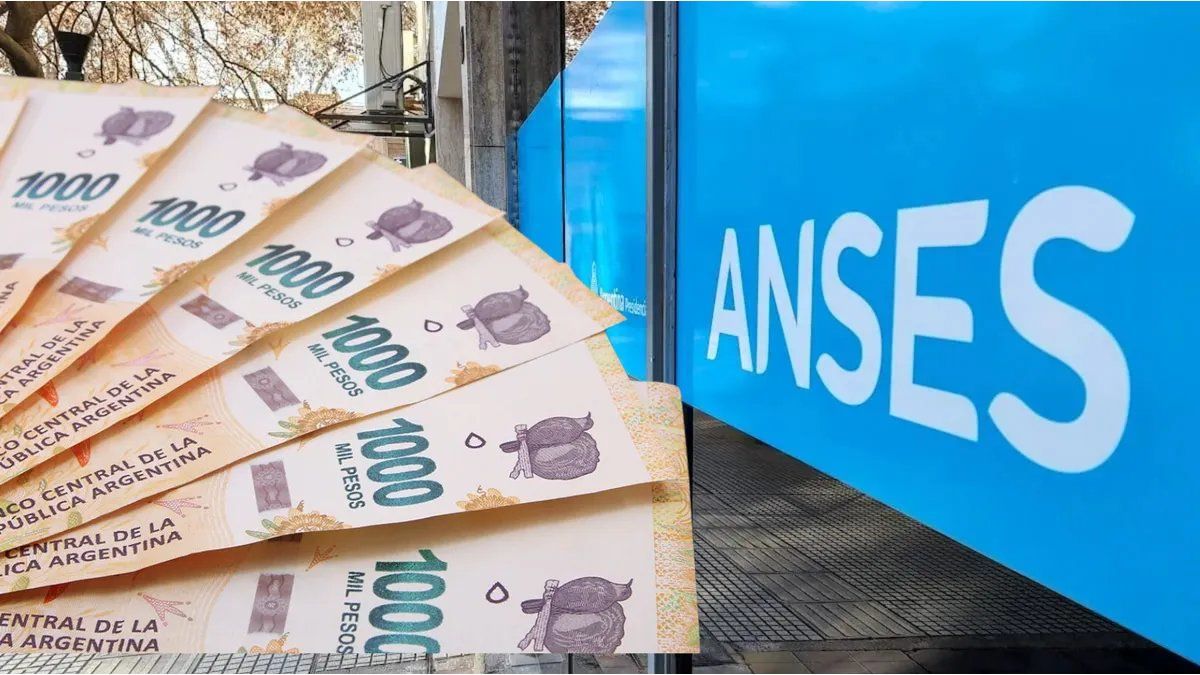The organization reported that certain groups will be removed from the AUH program. Find out all the information.
The Universal Child Allowance (AUH), implemented by the National Social Security Administration (ANSES), is one of the more significant and far-reaching social programs in Argentina.
The content you want to access is exclusive to subscribers.
The AUH is a monthly income intended for families with lower incomes who have children under 18 years of age or children with disabilities with no age limit. This program covers informal workers, the unemployed, domestic service employees and social monotributists who do not have access to other family benefits. Its main objective is ensure child well-beingensuring access to health and education.


Currently, the government of Javier Milei, together with the ANSES organization, reported that a group of workers will lose the benefit from the AUH based on whether they meet certain requirements or not.
anses page.png

AUH ANSES: which people will be discharged in February 2025
ANSES reported that the following people who exceed these limits will not be able to collect the AUH or the SUAF starting in February:
- Registered independent workers who have moved to the General Regime (Self-Employed): these taxpayers can make family deductions in Income Tax. Therefore, they cannot collect SUAF benefits.
- Monotributistas are recategorized into categories I, J and K: these categories, corresponding to the highest incomes within the simplified regime, exceed the limits established to access family allowances.
- Informal workers who have incomes greater than the Minimum, Living and Mobile Wage (SMVM) (according to information from the Customs Collection and Control Agency (ARCA) and financial entities).
- Employees in a dependency relationship who have exceeded income higher than the current SUAF limits (individual: $1,958,746 and family group $3,917,492)
How was the AUH ANSES with the increase in February 2025
AUH holders will not only receive the benefit for each child. ANSES will also pay them the additional Alimentar Card. This extra will have 3 categories, depending on the number of children.
- Families with one child: $52,250;
- Families with two children: $81,936,
- Families with three or more children: $108,062.
Source: Ambito




